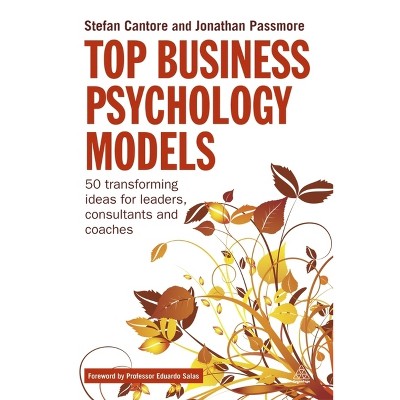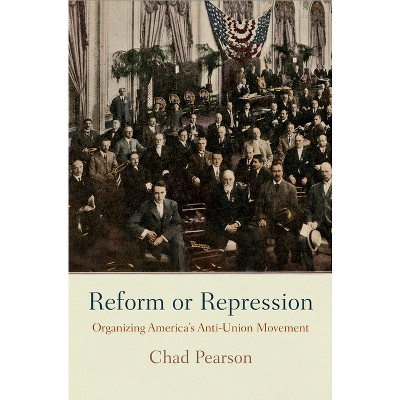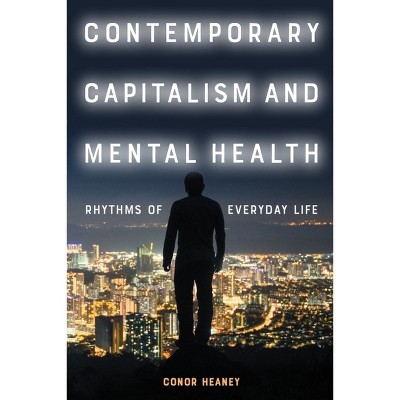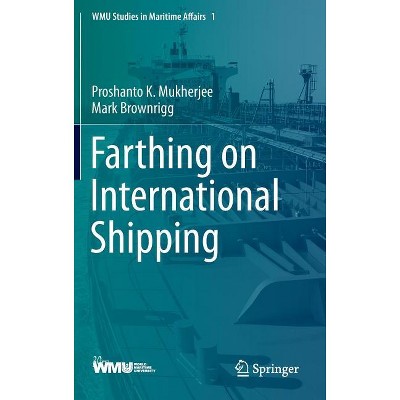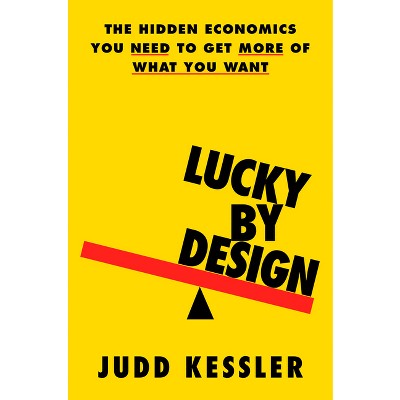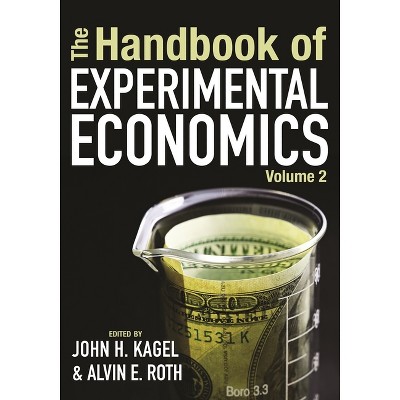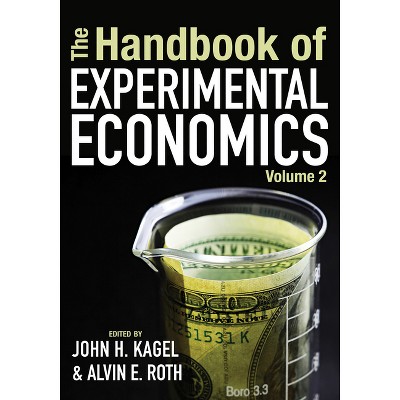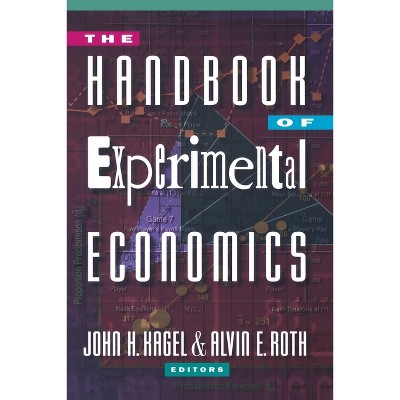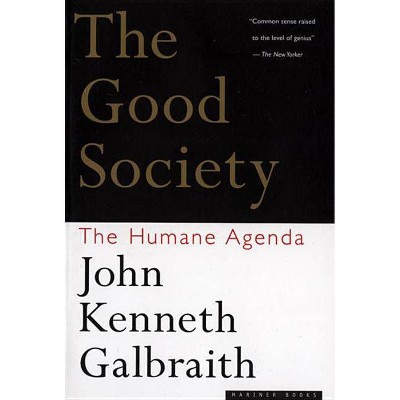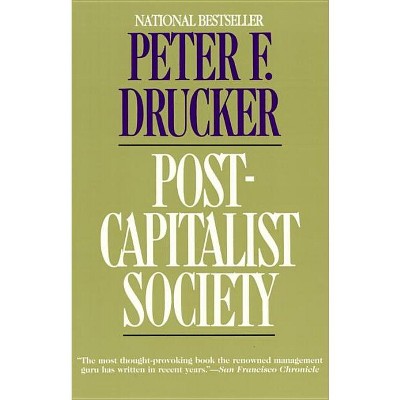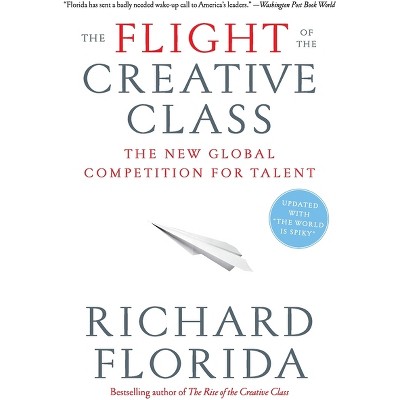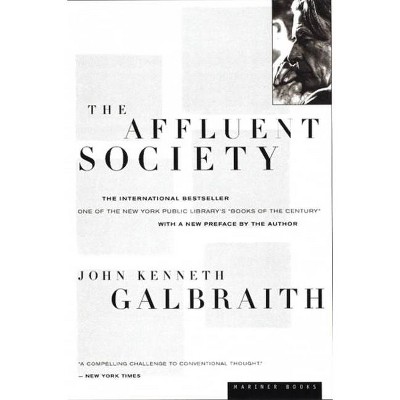Sponsored

Who Gets What -- And Why - by Alvin E Roth (Paperback)
$10.01Save $7.99 (44% off)
In Stock
Eligible for registries and wish lists
Sponsored
About this item
Highlights
- "In his fluent and accessible book, Mr. Roth vividly describes the successes of market design.
- About the Author: ALVIN E. ROTH, Ph.D., is the McCaw Professor of Economics at Stanford University and is one of the world's leading experts in the fields of market design and game theory.
- 272 Pages
- Business + Money Management, Economics
Description
About the Book
A Nobel laureate reveals the often surprising rules that govern a vast array of activities--both mundane and life-changing--where money plays little or no role.
Book Synopsis
"In his fluent and accessible book, Mr. Roth vividly describes the successes of market design." -- Economist.com? "In this fascinating, often surprising book, Alvin Roth guides us through the jungles of modern life, pointing to the many markets that are hidden in plain view all around us." -- Dan Ariely, author of Predictably Irrational and The (Honest) Truth About Dishonesty Most of the study of economics deals with commodity markets, where the price of a good connects sellers and buyers. But what about other kinds of "goods," like a spot in the Yale freshman class or a position at Google? If you've ever sought a job or hired someone, applied to college or guided your child into a good kindergarten, asked someone out on a date or been asked out, you've participated in a kind of market. This is the territory of matching markets, where "sellers" and "buyers" must choose each other, and price isn't the only factor determining who gets what. In Who Gets What--and Why, Nobel laureate Alvin E. Roth reveals the matching markets hidden around us and shows us how to recognize a good match and make smarter, more confident decisions. "Mr. Roth's work has been to discover the most efficient and equitable methods of matching, and implement them in the world. He writes with verve and style . . . Who Gets What--and Why is a pleasure to read." -- Wall Street Journal "A book filled with wit, charm, common sense, and uncommon wisdom." -- Paul Milgrom, professor of economics, Stanford University and Stanford Business SchoolFrom the Back Cover
In this fascinating, often surprising book, Alvin Roth guides us through the jungles of modern life, pointing to the many markets that are hidden in plain view all around us. Dan Ariely, author of Predictably Irrational and The (Honest) Truth About DishonestyMost of the study of economics deals with commodity markets, where the price of a good connects sellers and buyers. But what about other kinds of goods, like a spot in the Yale freshman class or a position at Google? If you ve ever sought a job or hired someone, applied to college or guided your child into a good kindergarten, asked someone out on a date or been asked out, you ve participated in a kind of market. This is the territory of matching markets, where sellers and buyers must choose each other, and price isn t the only factor determining who gets what.
In Who Gets What and Why, Nobel laureate Alvin E. Roth reveals the matching markets hidden around us and shows us how to recognize a good match and make smarter, more confident decisions.
Mr. Roth s work has been to discover the most efficient and equitable methods of matching, and implement them in the world. He writes with verve and style . . . Who Gets What and Why is a pleasure to read. Wall Street Journal
A book filled with wit, charm, common sense, and uncommon wisdom. Paul Milgrom, professor of economics, Stanford University and Stanford Business School
[AU PHOTO] ALVIN E. ROTH, PhD, is the McCaw Professor of Economics at Stanford University and is one of the world s leading experts in the fields of market design and game theory. He was a corecipient of the 2012 Nobel Prize in Economics."
Review Quotes
"Mr. Roth's work has been to discover the most efficient and equitable methods of matching and implement them in the world. He writes with verve and style...Who Gets What--and Why is a pleasure to read." --Wall Street Journal "In his fluent and accessible book, Mr Roth vividly describes the successes of market design." --Economist.com "In this fascinating, often surprising book, Alvin Roth guides us through the jungle of modern life, pointing to the many markets that are hidden in plain view all around us. He teaches us how markets work--and fail--and how we can build better ones." --Dan Ariely, author of Predictably Irrational and The Honest Truth About Dishonesty "If you have a market you want to work better, Al Roth is your man. His new book is fun and compelling--social science at its best." --N. Gregory Mankiw, Robert M. Beren Professor of Economics, Harvard University and author of Principles of Economics "In a book filled with wit, charm, common sense and uncommon wisdom, Roth challenges traditional economics by emphasizing that markets can often be freer and work much better when they are governed by carefully chosen rules!" --Paul Milgrom, the Shirley and Leonard Ely Professor of Humanities and Sciences at Stanford University "The co-recipient of the 2012 Nobel Memorial Prize in Economic Sciences introduces what he calls the new economics of matchmaking and market design....Roth's case studies illustrate how problems that obstruct successful matches can be identified economically and overcome....An exciting practical approach to economics that enables both individuals and institutions to achieve their goals without running afoul of the profit motive." --STARRED Kirkus Reviews "Practical as well as theoretical. Understanding how matching markets operate can help readers navigate them more effectively. A solid match for readers in general economics and business collections." --Library Journal
About the Author
ALVIN E. ROTH, Ph.D., is the McCaw Professor of Economics at Stanford University and is one of the world's leading experts in the fields of market design and game theory. He was a corecipient of the 2012 Nobel Prize in Economics.Dimensions (Overall): 7.9 Inches (H) x 5.3 Inches (W) x .8 Inches (D)
Weight: .5 Pounds
Suggested Age: 22 Years and Up
Number of Pages: 272
Genre: Business + Money Management
Sub-Genre: Economics
Publisher: Harper Business
Theme: Theory
Format: Paperback
Author: Alvin E Roth
Language: English
Street Date: June 7, 2016
TCIN: 51134037
UPC: 9780544705289
Item Number (DPCI): 248-16-2785
Origin: Made in the USA or Imported
If the item details aren’t accurate or complete, we want to know about it.
Shipping details
Estimated ship dimensions: 0.8 inches length x 5.3 inches width x 7.9 inches height
Estimated ship weight: 0.5 pounds
We regret that this item cannot be shipped to PO Boxes.
This item cannot be shipped to the following locations: American Samoa (see also separate entry under AS), Guam (see also separate entry under GU), Northern Mariana Islands, Puerto Rico (see also separate entry under PR), United States Minor Outlying Islands, Virgin Islands, U.S., APO/FPO
Return details
This item can be returned to any Target store or Target.com.
This item must be returned within 90 days of the date it was purchased in store, shipped, delivered by a Shipt shopper, or made ready for pickup.
See the return policy for complete information.


